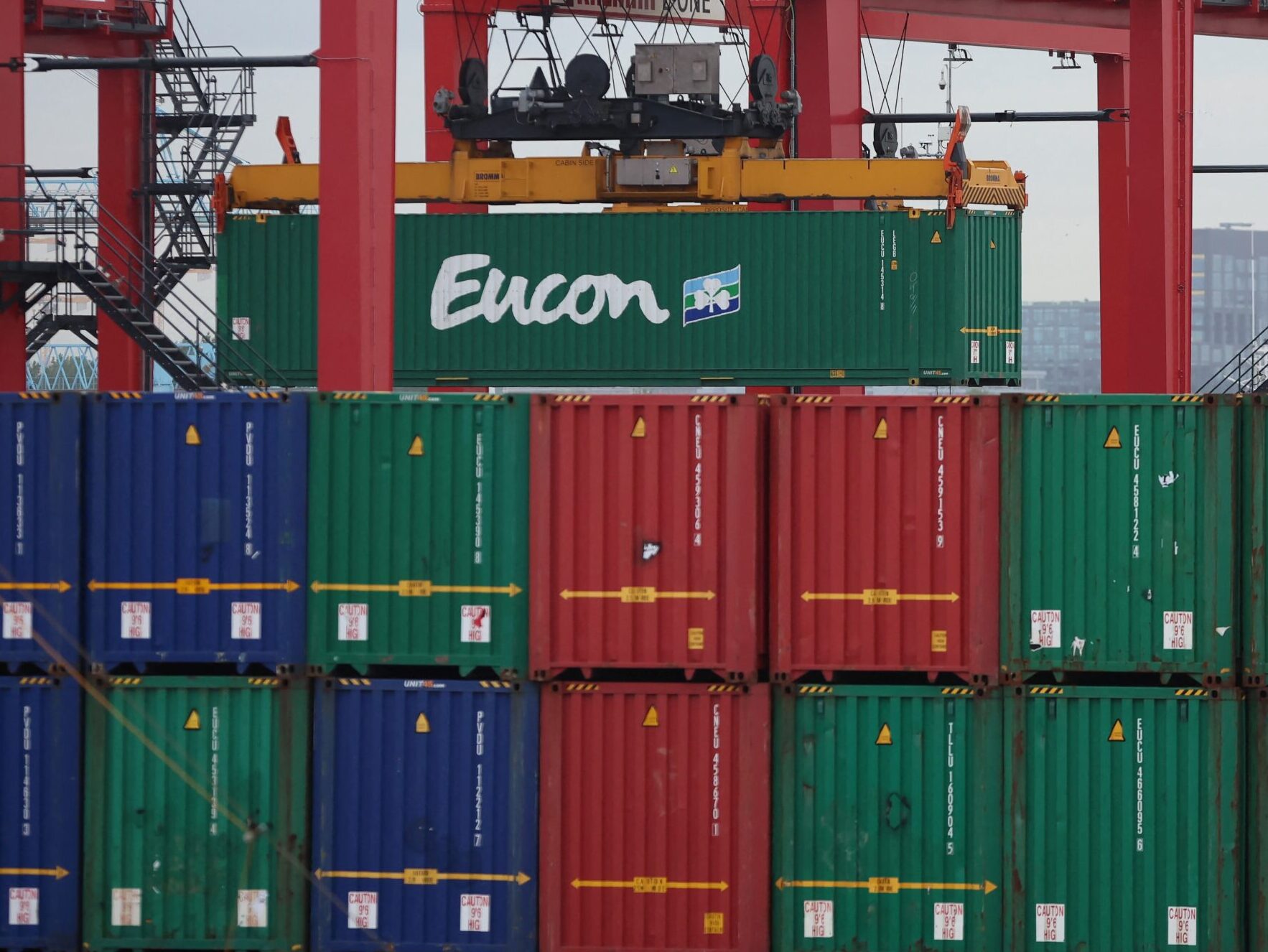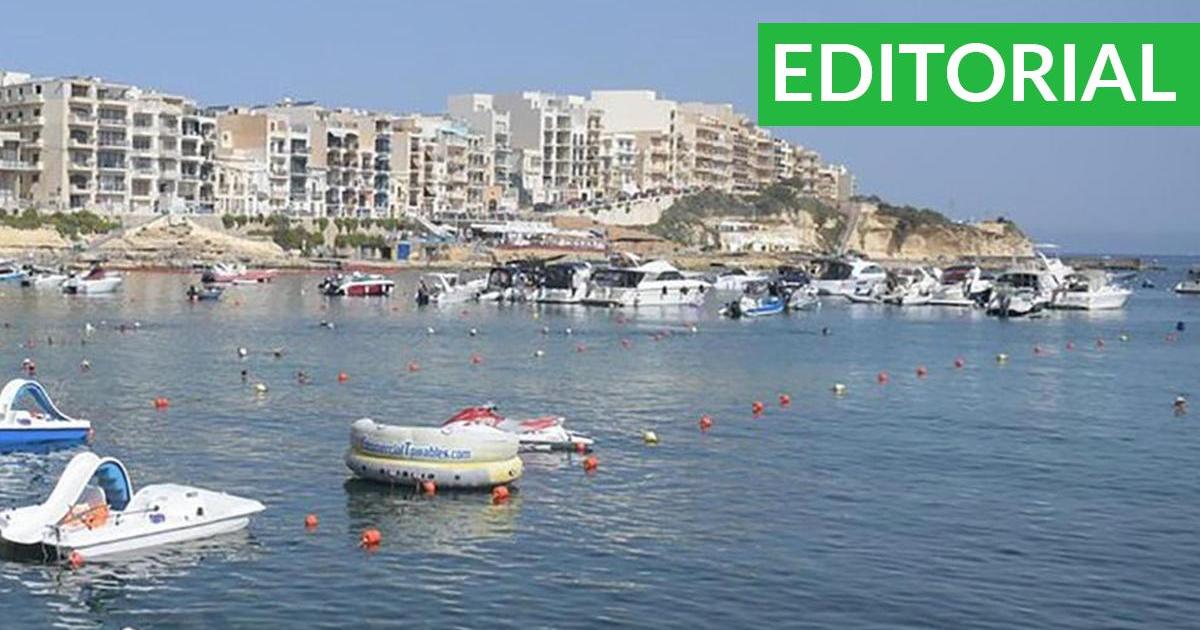On February 5, 2025, the FME MarTrans – Centre for Maritime Energy Transition was officially inaugurated, positioning itself as a leading global research facility dedicated to environmentally sustainable energy solutions in the shipping industry. Central to this initiative is the Norwegian University of Science and Technology (NTNU), which collaborates with SINTEF Ocean and 65 industry partners over eight years to promote the transition to zero-emission shipping.
Alexandra Bech Gjørv, CEO of SINTEF, expressed her enthusiasm at the opening, describing the center as a critical step toward modernizing maritime transport through digital transformation. The maritime sector is pivotal to Norway’s economy, generating over NOK 600 billion in revenue, with NOK 300 billion stemming from exports. Despite its economic significance, the industry’s environmental impact is substantial, accounting for approximately 8% of Norway’s greenhouse gas emissions and 24% of emissions in the transport sector.
The global shipping industry contributes about 3-4% to total greenhouse gas emissions, which is notably higher in Norway due to its extensive coastline and maritime activity. Hence, there is an urgent need for the sector to implement environmentally friendly solutions rapidly. Ole Erik Almlid, CEO of NHO (the Confederation of Norwegian Enterprise), emphasized the need for European competitiveness in light of findings by former Italian Prime Minister Mario Draghi regarding Europe’s weaknesses. Almlid regards FME MarTrans as a catalyst for decarbonization and strengthening competitiveness within the maritime sector.
Aligned with the International Maritime Organization’s goal of achieving net-zero emissions by 2050, both innovation and research are deemed essential. NTNU plays a crucial role in the initiative by leading efforts to enhance energy efficiency across the shipping industry, which includes developing energy-efficient hulls, propulsion systems, and leveraging renewable energy sources like wind and solar. NTNU’s contributions extend to exploring new fuel types, electrification, and smart port solutions.
The center plans to create 16 PhD positions and supervise ten master’s theses annually, involving various departments such as Marine Technology and Industrial Economics. Professor Stein Ove Erikstad highlighted the importance of energy efficiency at different operational levels, stating, “The greenest energy is the energy that is not used.”
The inauguration saw participation from 60 industry stakeholders, including shipping companies, shipbuilders, and technology providers, many of whom showcased their advancements toward achieving zero emissions. These initiatives range from fully electric ships in short-sea shipping to deep-sea operators exploring LNG and alternative fuels such as methanol, ammonia, and hydrogen. Companies are also utilizing AI-driven models to optimize fuel consumption and operational efficiency, indicating a variety of innovative approaches toward sustainable shipping.
The total investment in FME MarTrans is NOK 300 million, supported by the Research Council of Norway and industry contributions, marking a substantial commitment to the future of maritime energy transition.
Source link










